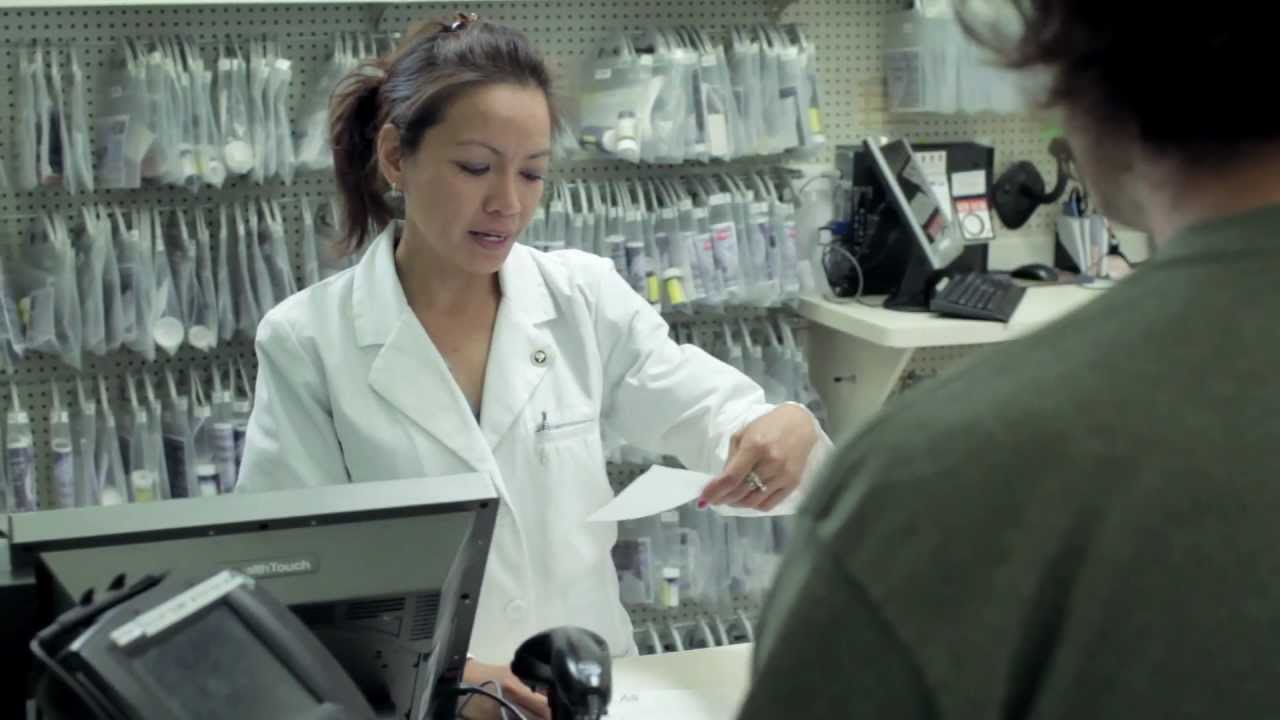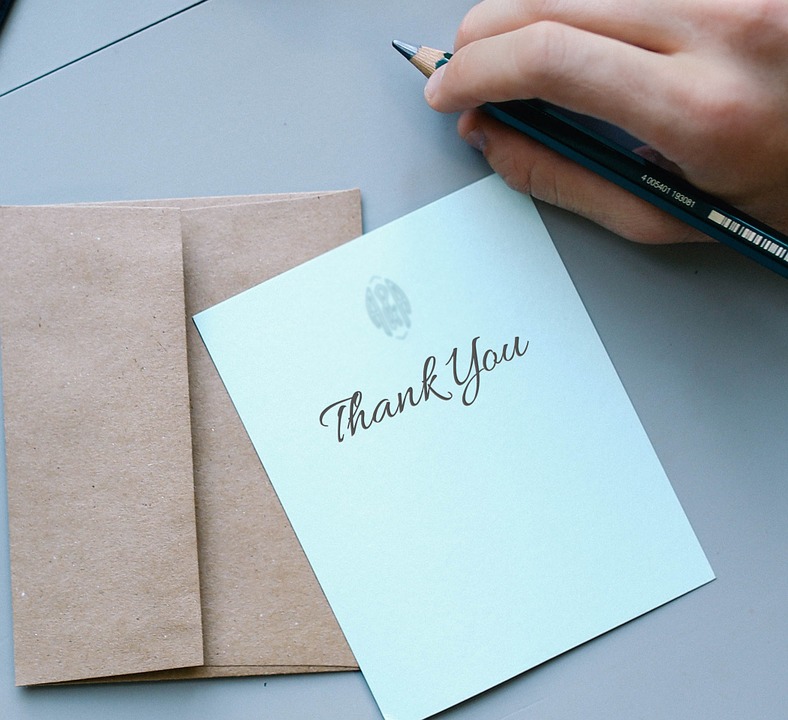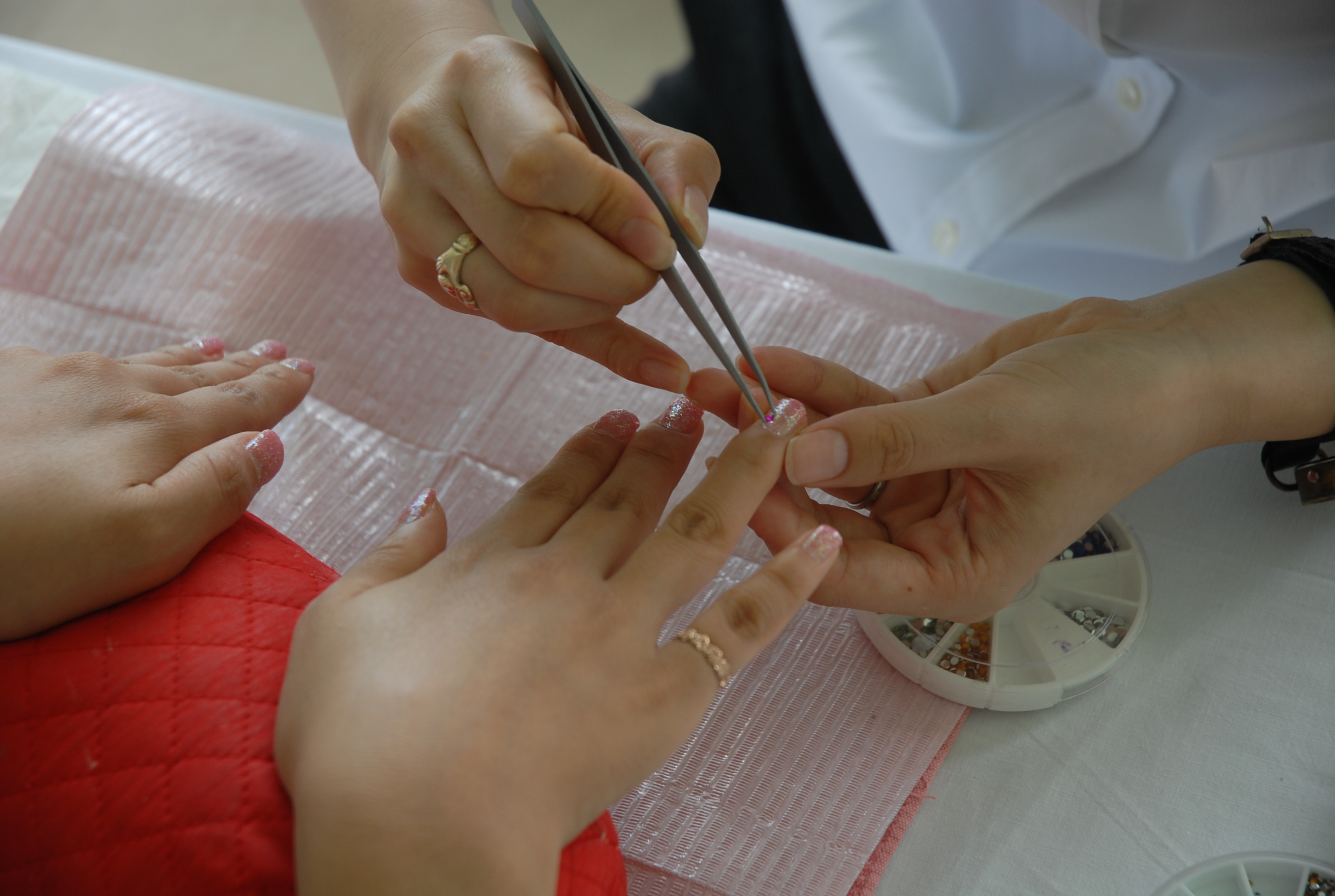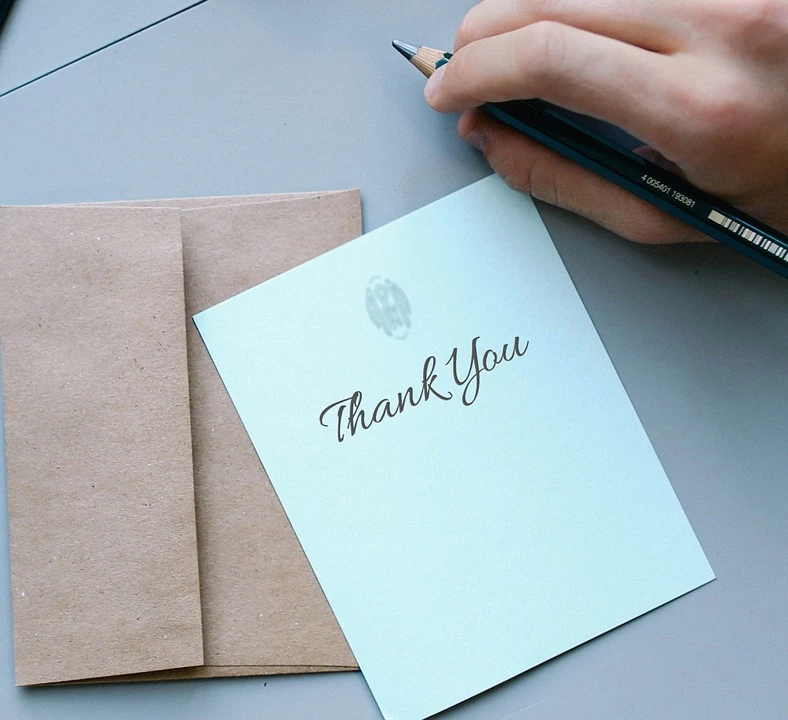Editor's Note: This post was originally published in July 2016 and has been updated for accuracy and comprehensiveness.
Hearing someone you love has been diagnosed with breast cancer can leave you feeling helpless. You may not know what to say or understand what they're going through, but there are ways you can lend a much needed helping hand. Here are 15 ideas to help get you started.
1.) Stay in touch.
Even when you don’t know what to say, keep in touch. Send a card, drop an email or text. Just saying, “I am sorry you have to go through this, but I am thinking of you” can make a difference. Continue reaching out even after treatment is over as they begin their “new normal,” which is often scarier than the initial treatment phase.
2.) Keep people updated.
Keeping family and friends informed can be overwhelming, offer to take on that role. MyLifeLine.org provides a free service for cancer patients, where you can quickly post the latest information and loved ones can leave notes of support.
3.) Help get dinner on the table.
This can be something you prepare or pick-up. Be sure you ask if there are any foods to avoid. Gift cards to favorite restaurants also work. You can easily help organize meal deliveries with an online scheduler like Lotsa Helping Hands where people can sign up to bring meals. If they're not up for visitors, grab a cooler for them to place by the front door.
 4.) Be a treatment buddy.
4.) Be a treatment buddy.
Offer to drive them to doctor appointments or accompany them to a treatment session.
5.) Assist with household chores.
Get a group of friends together to help with laundry, cleaning the house or collect money to cover the cost for a cleaning service. Check out our partner, Breast Cancer Prevention Partners' guide for cleaning tips and safer cleaning products.
6.) Watch the kiddos.
If they have children, they might need help with childcare during treatments or need an opportunity for me time or a nap. Take the kids for a few hours and help ease everyone's mind.
7.) Be (a Wig/Hat) Shopping Partner.
If hair loss is a side effect from treatments, offer to go wig or hat shopping when the time comes. A friend will let you know if something looks fabulous or if you should put it back on the shelf. Not to mention, a shopping day is a great way to get their mind off of 'breast cancer.'
 8.) Run an errand.
8.) Run an errand.
Do the grocery shopping, pick up a prescription, drop the kids off at school, anything that can make their life easier.
9.) Provide some entertainment.
They may have a lot of downtime, especially during treatments or post-treatment. Purchase a streaming service like Netflix or Hulu, to help pass the time with go-to favorites or new binge-worthy tv shows. If they are an avid reader, share your favorite books, give a gift card to order or download books online or check books out of the library for them.
 10.) Make airport runs.
10.) Make airport runs.
Taking relatives to/from the airport can be a lifesaver.
11.) Help with writing thank you notes.
It can be hard to keep up with these, especially if treatments are brutal on the patient. So, if they aren't up to the task at the time, keep a log, so that they can look back through all of the kind gestures when the fog has lifted.
12.) Throw her a party.
There are many ways to have a little fun while showing someone they have a community supporting them during a hard time. Gather a group of friends and plan a party! It can be a 'F*ck Cancer' party to celebrate a milestone like receiving an NED scan, honor their cancerversary, completing their last chemo treatment or just for fun.
13.) Plan a pamper session. 
An easy way to perk them up is to plan a spay day or a 'Girl's Night In'. If you book a facial, manicure or pedicure, make sure they are at a point in treatment where there that is okay.
14.) Do something nice for their co-survivor.
It is important co-survivors take care of themselves. It's a rough time for anyone providing support to someone diagnosed with breast cancer. Take them out for a drink, give them a 'night off,' give them tickets to a ballgame or something they would enjoy.
It's important for them to know they're not alone. YSC offers useful resources to ensure they are receiving crucial support and advice to help with common issues like how to help, handling finances, managing financial toxicity and addressing secondary trauma.
15.) Be there.
Breast cancer can be isolating, especially for someone diagnosed at a young age. A diagnosis is like an emotional roller coaster with a lot of emotional labor. At the end of the day, the best thing you can do for someone diagnosed with breast cancer is to be there for them. Don't disappear when they need you the most.




